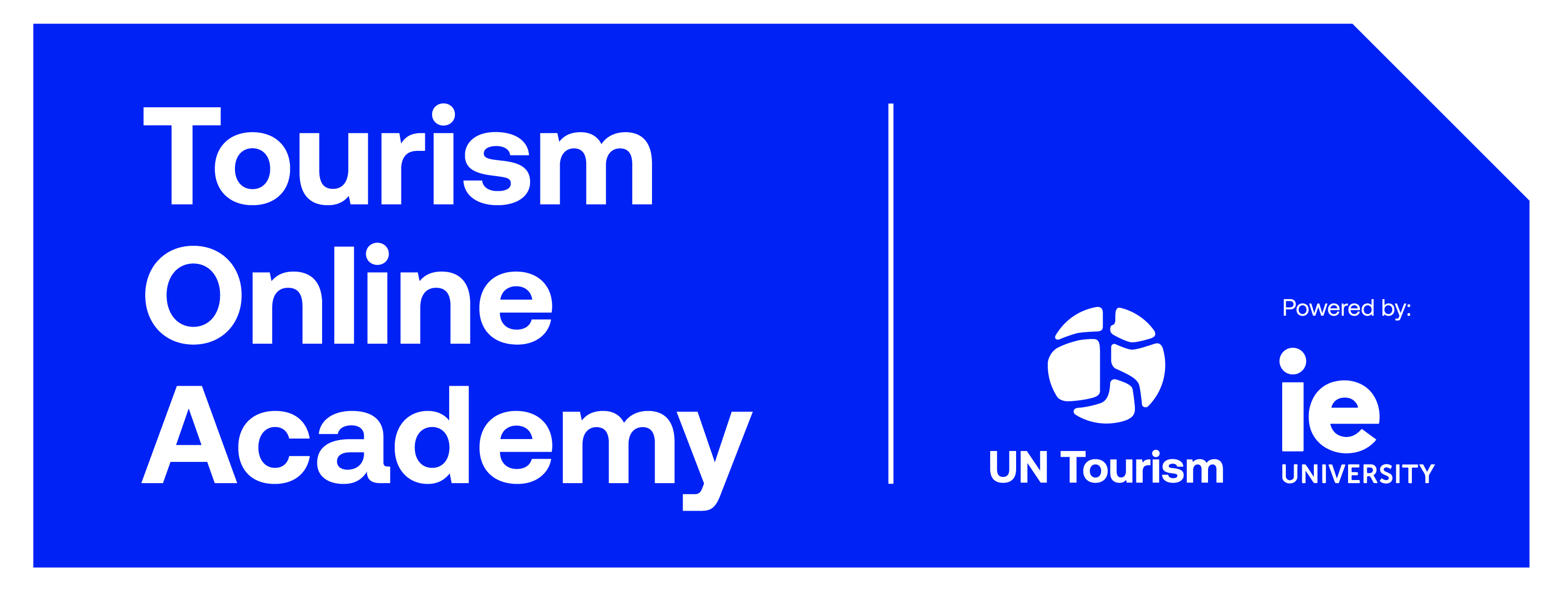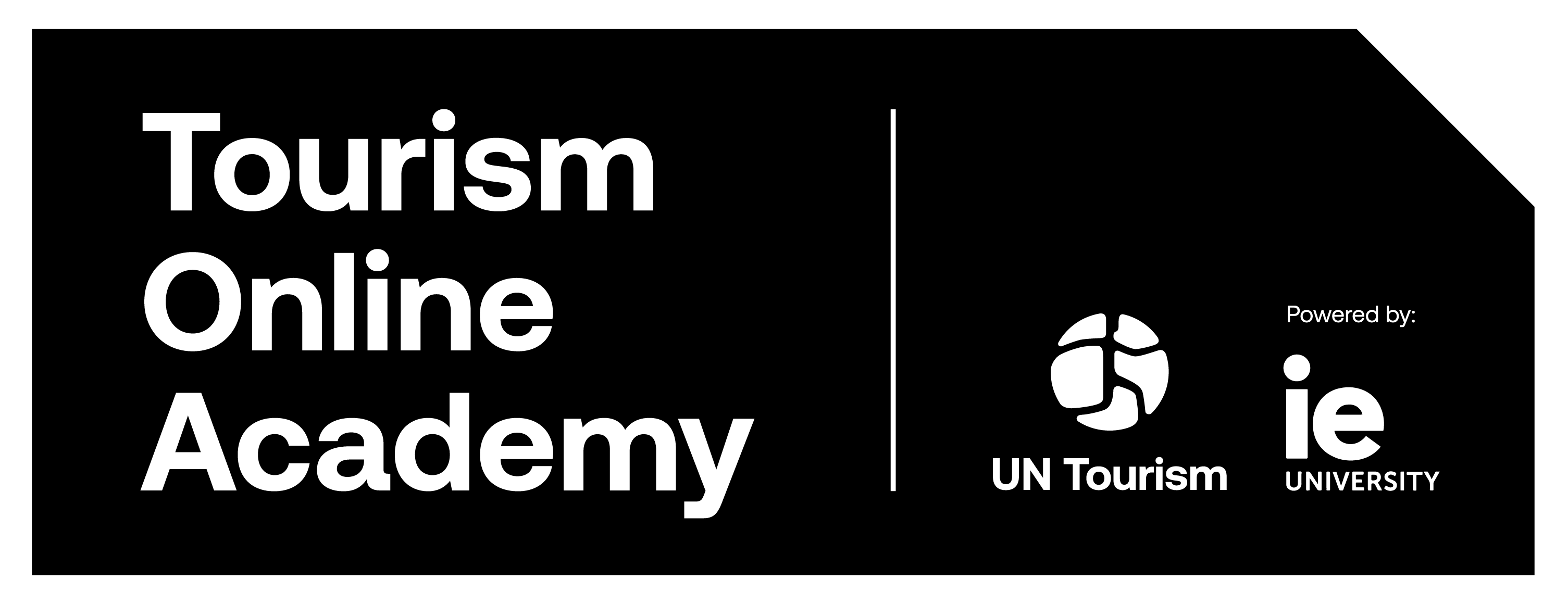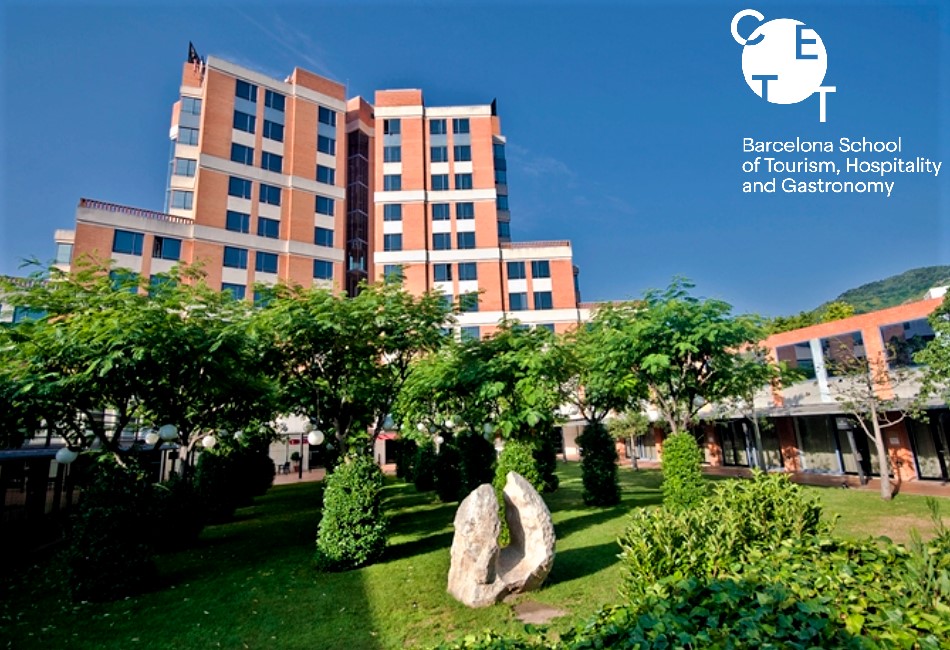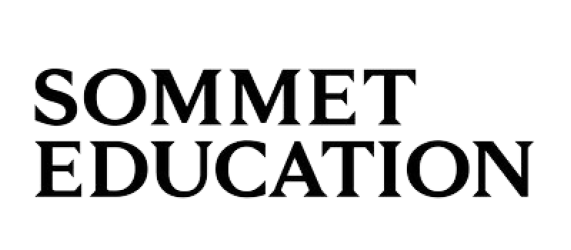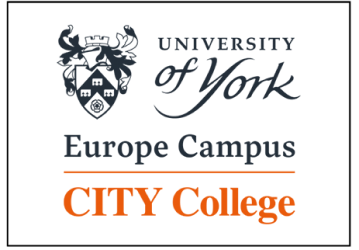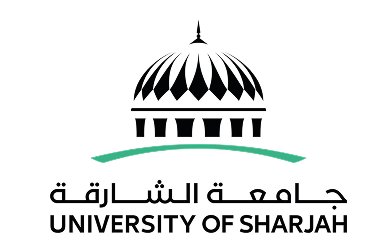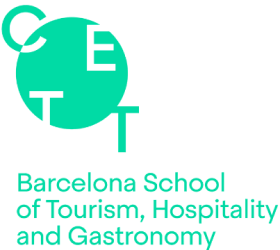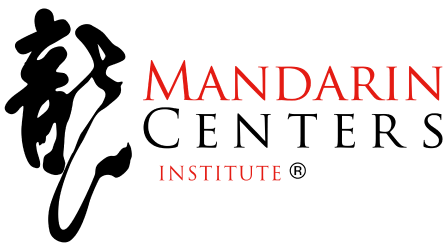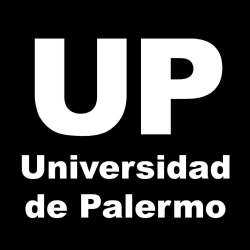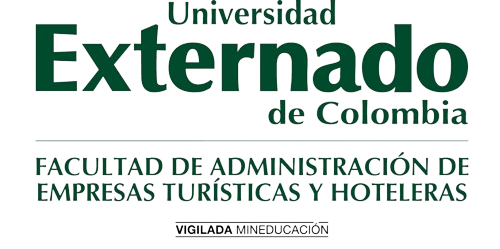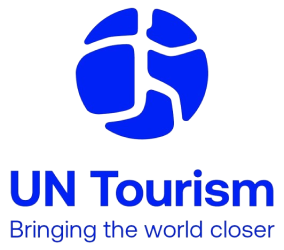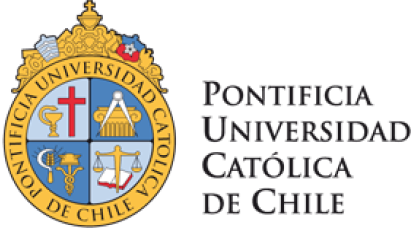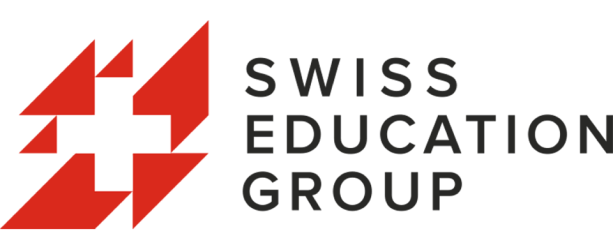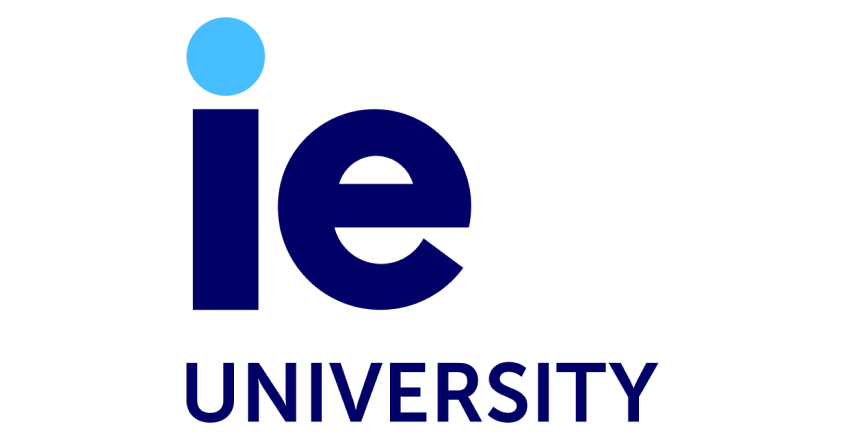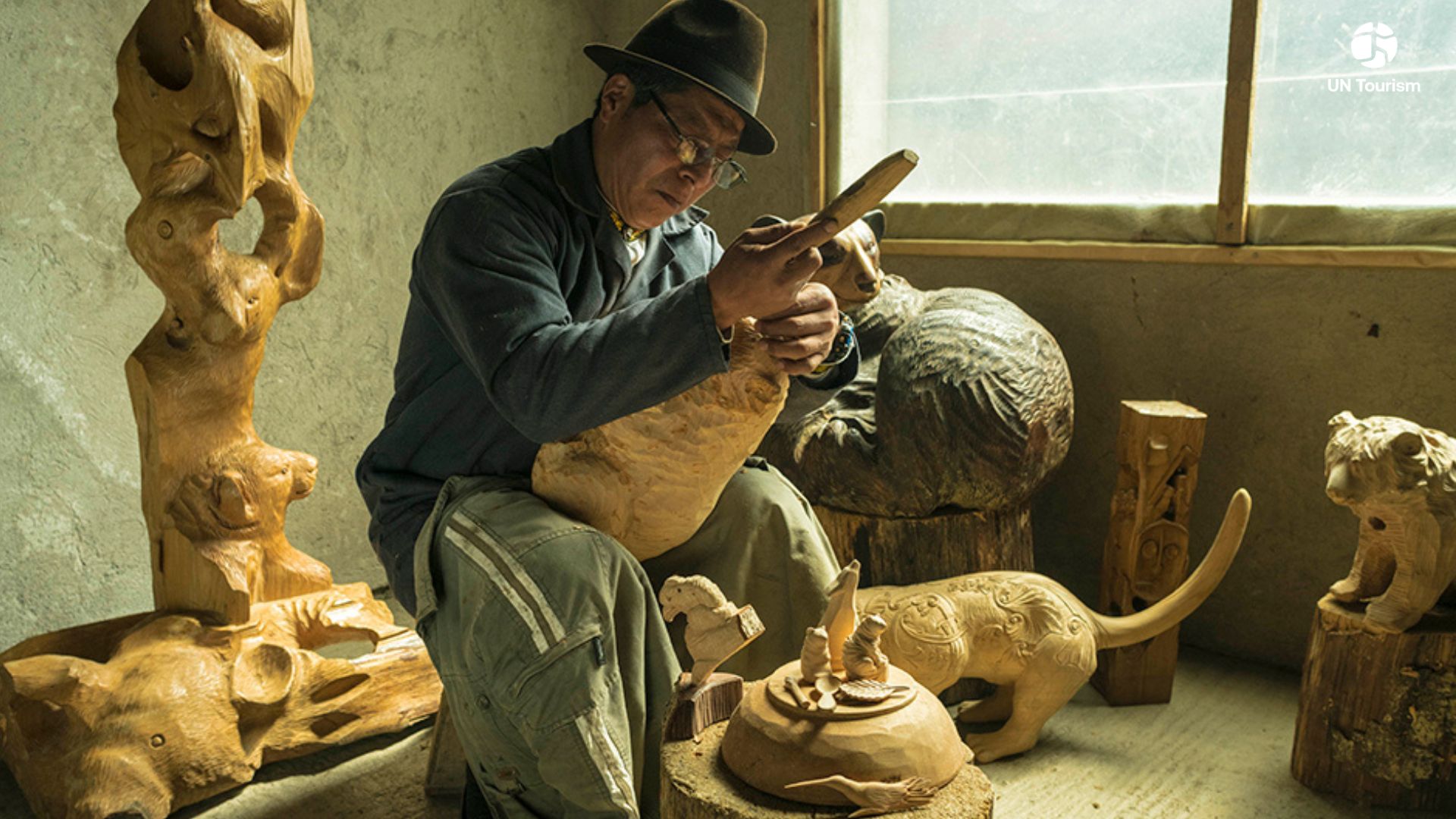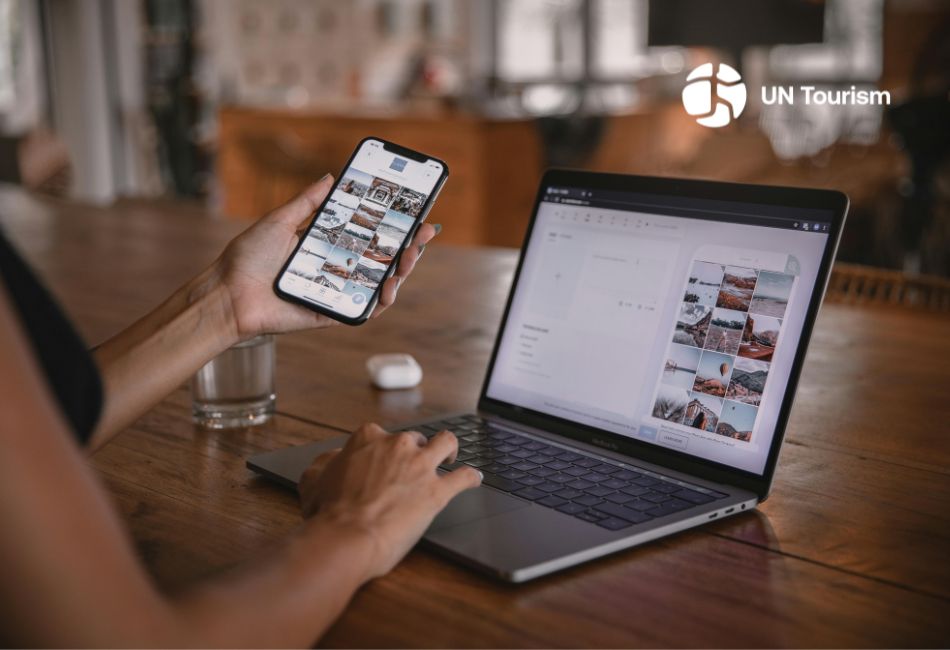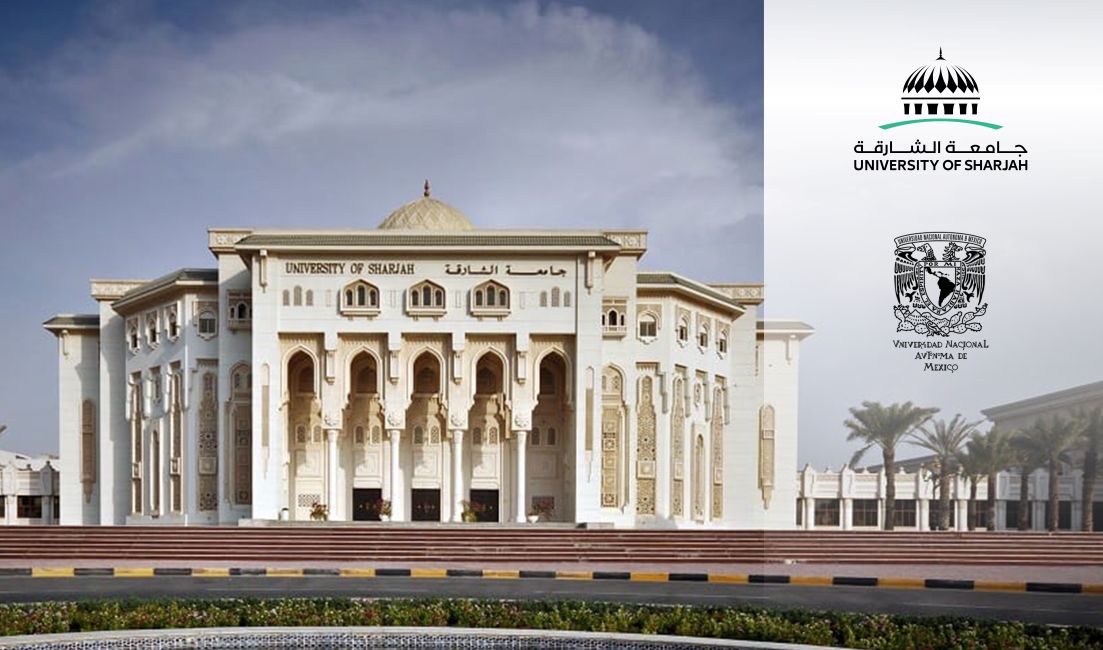
Javier de Diego Rodríguez
Corporate & Career Services Director
Barcelona School of Tourism, Hospitality & Gastronomy
Linked to talent management for more than 20 years in corporate development projects, recruitment and evaluation, training and compensation. He has led Talent Management strategy in technology and tourism companies, and Career Services areas in prestigious Universities such as CETT-UB and La Salle-URL.
Did you like this article and are interested in learning more about the fundamentals of tourism? Then we invite you to enroll today in the Revenue Management course
Visit the course
Creating new Tourism Digital Talent, a combined effort
We often tend to believe that digitalising a company is a simple matter of first adopting a new technology and then taking the steps needed to put it into action.
However, experience has taught us that digitalisation is rather more complex than that. The end goal is to learn how to apply this technology effectively, so that it propels us towards the fulfilment of the aims we have for ourselves or for our business – whether it’s to provide greater value to our customers and our environment, to optimize operating processes, or to improve the connection within a team. Reaching that goal requires a progressive internal cultural shift that facilitates and accelerates the adoption of this new way of doing things.
None of this can be achieved without the right talent. That means not only bringing in new people who are experts in the field. It also means the continuous training of the people who are already on board as part of the team. This is not lost on the sector. The challenge of identifying the right specialists capable of leading such a transformation is a key topic in professional tourist circles right now. So too is the lack of proper capacity to attract those specialists.
The competition is tough. In short, there’s a huge need for tourism digital talent. Recruitment reports from the past few years give us a good picture of the situation right now: when it comes to the most in-demand profiles for tourism digitalisation work, only those professionals with this clear and easily-identifiable tech skills or a tech background are being picked. Software programmers, computer science engineers, system analysts, cybersecurity specialists or web developers are monopolising the results for most in-demand tourism talent.
However, as I was pointing out at the beginning, digitalisation is not only about technology. Although it’s true that a professional specialized in engineering and technology is essential to lead this digital transformation, it’s also true that to be successful in its implementation, a professional expert in the field of tourism is just as necessary.
As such, the future of talent in this sector must have a technological grounding. They must also know about the tourism business, be able to discover new management models, to apply structured innovation and develop a good range of adaptive soft skills.
This kind of profile is not easy to find, and harder still to attract. That’s why our sector needs to create this new generation of tourism professionals ourselves. We need to invest to train those professionals who are part of the tourism sector in tech skills. They already hold a consolidated knowledge about the business and the sector, and many of them have a burning need to identify the most suitable technologies to fulfil their tasks, and moreover, appreciate how those technologies could benefit their pursued goals. We just need to support them to take the next step.
Encouragingly, more and more companies are investing in new models of continuous training. The design of specialised knowledge capsules, the implementation of digital Bootcamps aimed at senior staff, the implementation of mentoring programs, or the organisation and development of mixed challenges, where management and technology professionals work together in the call for solutions, are all ways in which the private sector is evolving and leading the way forward.
Similarly, for some time now, universities and other educational institutions have been betting on the combination of both worlds, building up this type of profile from the start. Right now, digital content is a key part of many different Bachelor’s and Master’s degrees. Some faculties such as CETT-UB have already created official programmes designed with this innovative philosophy already integrated. Programmes such as the Degree on Touristic Digital Businesses or the Master’s Degree on Digital Transformation of Touristic Companies and Experiences are a good example, with their 100% mix of the key competencies of touristic business with technology, digitalisation and project management.
Those initiatives show that an alliance between business and academia, which commits to the creation and development of these hybrid profiles, knowledgeable about the sector and with solid digital skills, will be key to reducing the gap between supply and demand for digital tourism talent, which will be one of the key challenges for the sector in the coming years.
